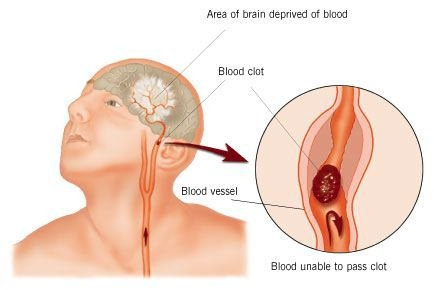By: Mary Siwirski May is Stroke Awareness month. As a Registered Nurse in a Neurosurgical Intensive Care unit, I can be heard explaining signs of a stroke to anyone near me. Knowing that someone I have spoken to is able to recognize stroke symptoms and have the knowledge to seek emergency medical as...
By: Mary Siwirski
May is Stroke Awareness month. As a Registered Nurse in a Neurosurgical Intensive Care unit, I can be heard explaining signs of a stroke to anyone near me. Knowing that someone I have spoken to is able to recognize stroke symptoms and have the knowledge to seek emergency medical assistance as quickly as possible is very important to me. Never did I realize how important my teaching was until May 25, 2015. The day my mother suffered a stroke.
My parents had just enjoyed a Memorial Day barbecue at home. My mother had not been feeling well all day and said she was going to take a nap. My father asked her a question and when she didn’t respond, he noticed her slumped over in her chair. Quickly, he went through the signs of a stroke I had taught him. Within minutes, he called 911 and my mother was transported to the hospital, where she received the intervention that would save her life.
8 out of 10 strokes are ischemic strokes, which means a blood clot has formed in one of the arteries of the brain. Tissue Plasminogen Activator or TPA is given to dissolve the clot and spare further damage to the affected area. It must be given within 3 hours of when the symptoms occurred for optimal effect. This medication and surgical intervention if needed offers the best chance of recovery for an individual who has suffered a stroke.
Understanding F.A.S.T. is the key to knowing the signs of a stroke. F.A.S.T. stands for Facial drooping, Arm weakness, Speech difficulty, and Time to call 911.
Other symptoms can include difficulty walking or a sudden severe headache. Time is brain, please take a minute to educate yourself on recognizing the signs and symptoms of a stroke. My father did, and it saved my mother’s life.

